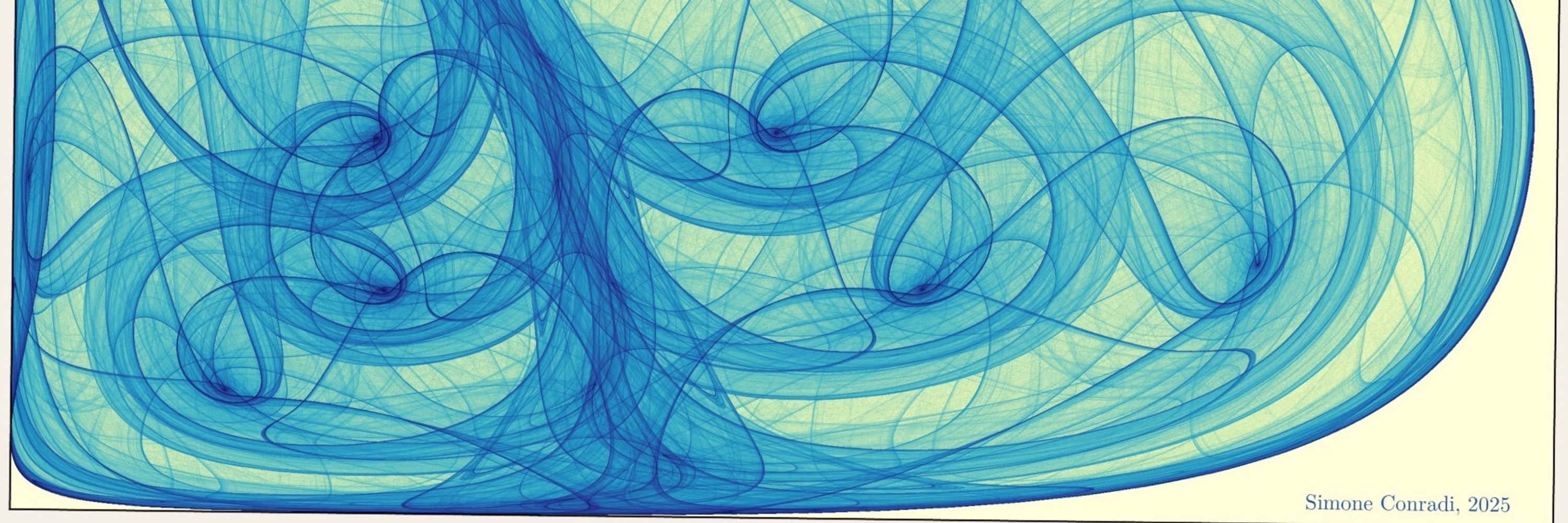
@arc-mpib.bsky.social @mpib-berlin.bsky.social @scioi.bsky.social @unimarburg.bsky.social @humboldtuni.bsky.social

@arc-mpib.bsky.social @mpib-berlin.bsky.social @scioi.bsky.social @unimarburg.bsky.social @humboldtuni.bsky.social
Simulations also provided generalizable insights beyond our experiment, revealing why collective intelligence can only emerge in certain environments.

Simulations also provided generalizable insights beyond our experiment, revealing why collective intelligence can only emerge in certain environments.
Results confirmed that payoff information let participants selectively tune behavior to the position and direction of successful peers, unlocking collective intelligence!

Results confirmed that payoff information let participants selectively tune behavior to the position and direction of successful peers, unlocking collective intelligence!

Groups could outperform solitary individuals through both superior tracking and search performance, but only when full payoff information was available.
In the absence of payoff information, they sometimes even performed worse!

Groups could outperform solitary individuals through both superior tracking and search performance, but only when full payoff information was available.
In the absence of payoff information, they sometimes even performed worse!
By manipulating task complexity and the availability of social cues, we study how individuals adapt their visual attention and social learning strategies to different dynamic contexts.

By manipulating task complexity and the availability of social cues, we study how individuals adapt their visual attention and social learning strategies to different dynamic contexts.

